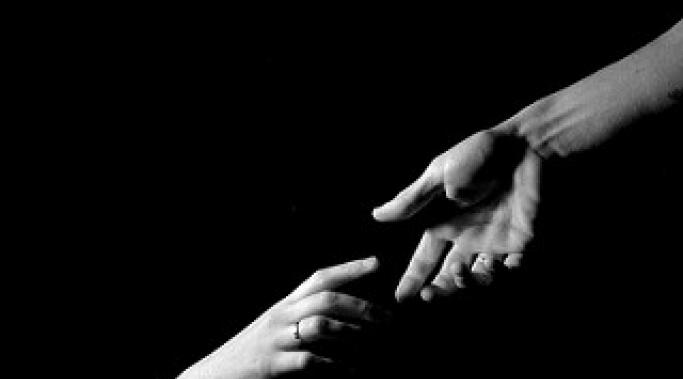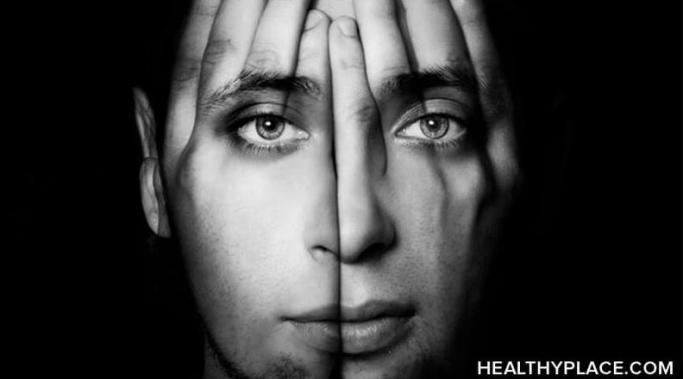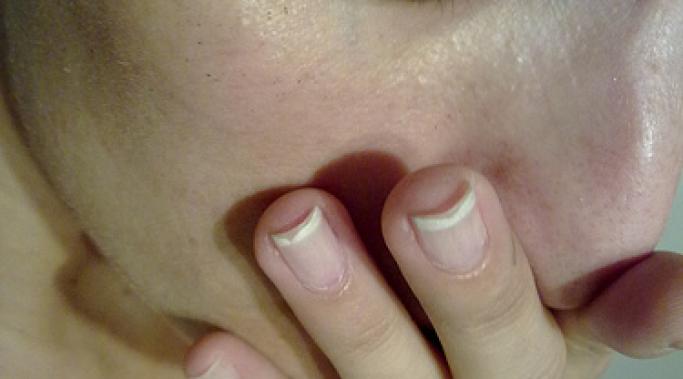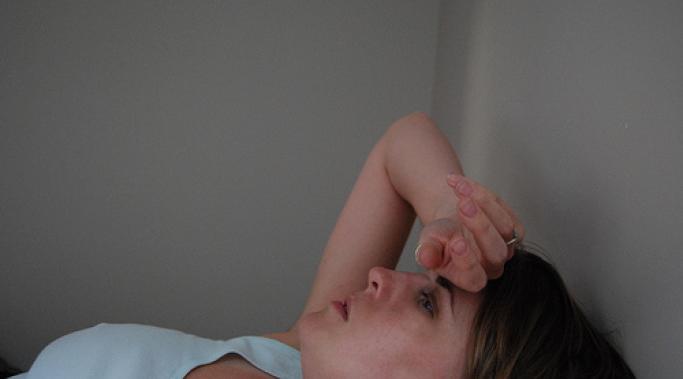Dealing with denial in dissociative identity disorder is key. Denial is a defense mechanism we have likely all engaged in at various points in our lives. At times, denial can be a useful method to help us cope. When it comes to your dissociative identity disorder (DID), however, denial can lead to a breakdown in system communication and can hinder treatment efforts.
DID Diagnosis
A diagnosis of dissociative identity disorder (DID) can be overwhelming and confusing and part of the reason can be the differences in DID symptoms. In order for a DID diagnosis to be made, a person has to fit certain criteria. After diagnosis, people may seek out further information in order to learn more about their symptoms and what their diagnosis means (What Is DID?). They may also seek support by finding others who also have DID. But what happens when that information doesn't exactly fit the mold of one's own DID experiences and the people they meet don't share the exact same DID symptoms?
Dissociative identity disorder (DID) is often misdiagnosed, but the right diagnosis is essential for anyone experiencing a mental illness. Treatment plans, therapeutic interventions, and psychiatric medication choices rely heavily on a person's diagnosis. But what happens when the diagnosis is wrong?
Accepting and learning to cope with the diagnosis of dissociative identity disorder is hard. For those that have received a diagnosis of dissociative identity disorder (DID), it can be a tumultuous process.
Many are unaware of what DID is until they receive the diagnosis. For those that are aware of DID, there is often an unwillingness to accept the diagnosis of this mental illness and everything that comes with it, which can delay the coping process. There are a few things you can do to make accepting and learning to cope with your DID diagnosis little easier and make the path of dissociative living a little less rocky.
Over the years I've heard many people advise dropping the word 'disorder' from dissociative identity disorder, citing
A) dissociation as a normal response to trauma, and
B) honoring subjective experiences as the primary reasons that it’s not helpful.
But the degree to which something is normal really has nothing to do with whether or not it’s a disorder. Disorders are referred to as disorders not because they're abnormal, but because they actively, regularly, and severely disrupt people's lives to such an extent that their ability to function is notably, even dangerously, compromised. And labeling a particular set of psychiatric symptoms with a particular psychiatric diagnosis is no more a call to ignore individual experience than it is to use labels like diabetes, hyperthyroidism, or influenza.
I write about Dissociative Identity Disorder in part because I'm disturbed by the sheer volume of false and misleading information about DID. It bothers me that an overwhelming number of online resources are teeming with misconceptions so profound that the end result is a definition of the disorder that further shrouds it in mystery and controversy. Not to mention the fact that nobody seems able to explain it without relying on a misnomer, Multiple Personality Disorder, to do so. It took me a long time to wade through all the jargon and arrive at a definition of Dissociative Identity Disorder that accurately explains my experience of it.
Recently a reader asked how to get over the feeling that her sister is faking dissociative identity disorder. If you doubt your friend or family member's diagnosis, I think it's important to identify why you're skeptical. What in particular has you questioning it? Write it down, and be specific. Now find out everything you can about each of those nagging suspicions. I'm willing to bet a healthy majority of them are based on common misconceptions about dissociative identity disorder. Of course, that doesn't necessarily mean you're wrong. Sometimes people who say they have DID don't have it at all. That could be because they're pretending for some perceived gain, e.g. sympathy. But I believe the discrepancy is more likely due to misdiagnosis and genuine confusion.
I wrote the series, Diary of a Newly Diagnosed Dissociative, because I know I'm not the only one who has wrestled in turmoil over their Dissociative Identity Disorder diagnosis. I want those who are struggling to know that, within the context of DID, their experiences aren't as unusual as they probably feel. But knowing you're not alone, while helpful, won't ease the struggle too much if there's no end in sight. I can tell you, though, that making peace with this diagnosis is an attainable goal. I did it. These three things are what made it possible.
It seems many people think of Dissociative Identity Disorder as the pinnacle of crazy. But if I've ever truly lost my mind I did so when I was trying desperately to escape DID. It was when the confusion, fear, loneliness, and shame I felt in the aftermath of my Dissociative Identity Disorder diagnosis periodically reached critical mass that I panicked and, in fits of desperation, clung to ludicrous, even dangerous thoughts.
In my current series, Diary of a Newly Diagnosed Dissociative, I've been writing about what I've observed to be common emotional reactions to receiving a Dissociative Identity Disorder diagnosis. I say, "emotional reactions," but I don't know if that really does justice to the enormous impact a DID diagnosis can and often does have. When I say I was confused, I mean I was nearly incapacitated by confusion. When I say I was afraid and lonely, I mean I was almost paralyzed by fear and loneliness. It's with that same respect for the degree of overwhelming emotion that I talk to you today about shame.







